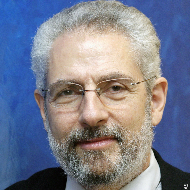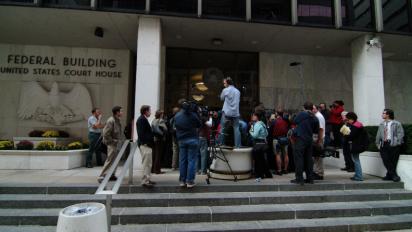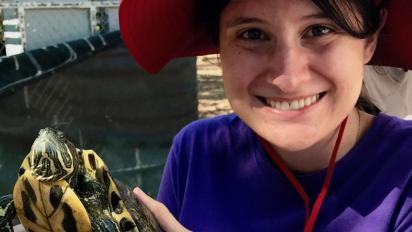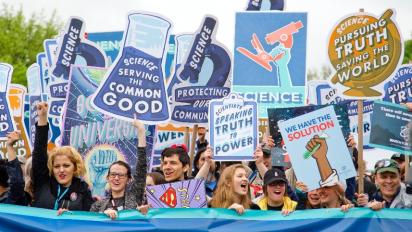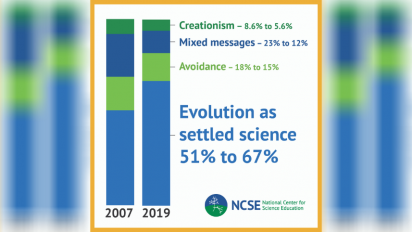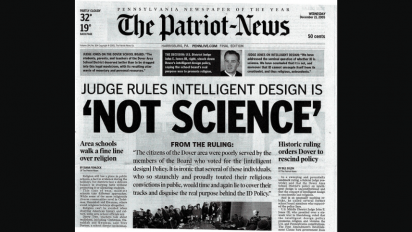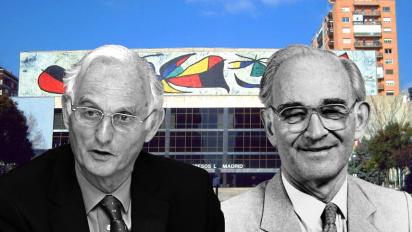The burden lay heavily on the scientist who chaired the discussions, John Houghton, a Welsh meteorologist. A devout evangelical Christian, Houghton was equally devoted to science, “the means by which I would be able to explore and describe God’s creative work.” Unfailingly polite but immovable in his principles, he labored to keep the discussions centered on the scientific evidence. If global warming was coming, the world needed to know it.
That was poison to the representatives of fossil fuel industries who had descended in a swarm upon the conference. Openly served by the delegations from Saudi Arabia and Kuwait, they pounced on any doubt that could be raised about the science or how to describe it. Yet the science was clear. Among other evidence, there was a regional pattern of rising temperatures which neatly matched the pattern that computer models had calculated as a “signature” of the greenhouse effect. Greenhouse warming was a fact. But how certain a fact?
Debate continued until the last hour of the last day ... and beyond, into the evening past the scheduled end. The key sentence was this: “The [???] evidence [???] that there is a [???] human influence on global climate.” Was it the weight or the preponderance of evidence? Under Houghton’s judicious guidance the conference eventually bowed to the Saudis and accepted the weaker balance of evidence. Did that indicate or demonstrate a human influence? A more weaselly word was finally accepted, suggests. But was human influence significant or identifiable or, as the first draft had it, appreciable? As the hours dragged on, consensus seemed out of reach. The dinner break was cancelled and delegates grabbed sandwiches. The exhausted translators went home. Midnight came—the conference center would close in half an hour.
Bert Bolin, the IPCC’s chair and elder statesman, had scarcely spoken. But he circulated through the crowd to hold intimate conversations with every faction. A pioneering Swedish meteorologist, Bolin had deep scientific savvy, but what mattered now were his exceptional diplomatic skills. Like Houghton he was self-effacing, soft-spoken, and universally respected. When the United Kingdom’s delegate mentioned a subtle English word to Bolin, he spoke up to make one last proposal: “The balance of evidence suggests that there is a discernible human influence on global climate.” Desperate and groggy, the delegates applauded vehemently. The Saudis did not dare rise to object. Consensus!
Some of the famished delegates went out for a meal. As they were eating one of them turned to his neighbor and remarked, “This sentence will change the world.” The message was modest but unmistakable: humans must accept responsibility for altering their planet’s climate.
This article has been modified slightly from its original print format.


